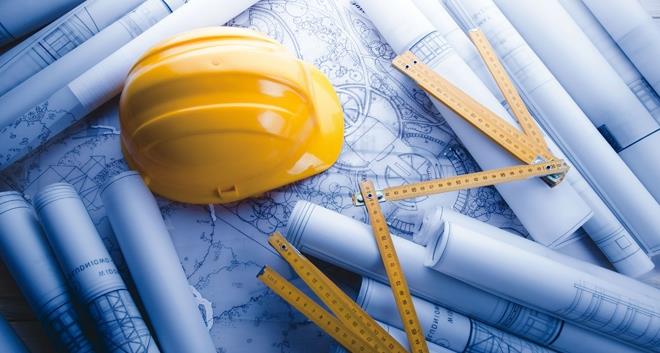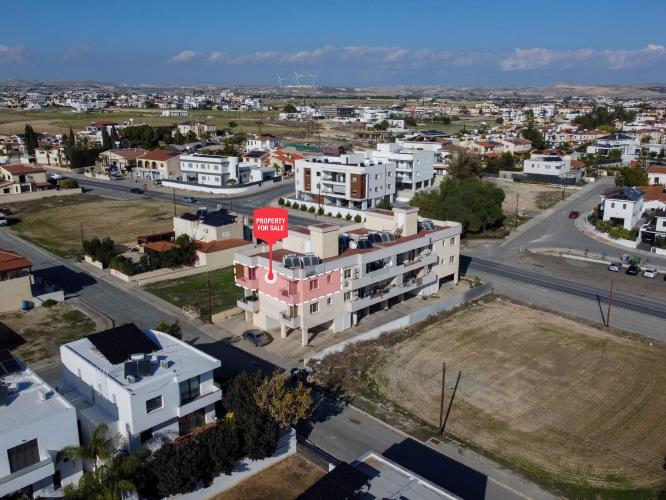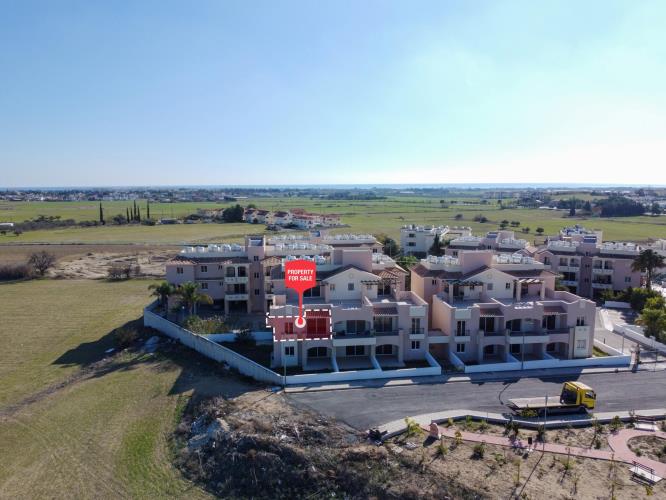The built environment has a vital role to play in helping governments meet their carbon dioxide (CO2) emissions targets. These targets are going to be central to discussions when 196 governments meet in Paris next week for a crucial climate change summit hosted by the United Nations.
The meeting, called the 21st Conference of the Parties or COP21, is of particular significance because world leaders and negotiators must agree on a new climate deal aimed at curbing the damaging effects of greenhouse gas emissions on the global climate.
As a global professional body working in the public interest, the Royal Institution of Chartered Surveyors (RICS) has announced that it will be in Paris to join stakeholders from governments, industry and civil society to support efforts to reach an agreement. The commitments made at the summit could have far-reaching repercussions for the built environment, and the global economy more generally.
Buildings are some of the biggest emitters of CO2 accounting for one-third of global greenhouse gasses. Commercial and residential buildings also account for 40% of the world’s energy consumption. For this reason, RICS has noted, it is working with its members in the land, real estate and construction sectors to find solutions across the property lifecycle to support more sustainable business practices.
“The property sector has a huge influence on the global financial system. We want to leverage this influence to support the efforts of governments as they negotiate a new climate deal in Paris,” said Sean Tompkins, RICS Chief Executive Officer. “RICS is a natural partner for the United Nations. We have worked with the UN before on creating a framework for businesses to act more responsibly in relation to their real estate assets. And we want to build on that relationship by supporting governments as they make adaption and mitigation commitments to curb the effects of climate change.”
The meeting, called the 21st Conference of the Parties or COP21, is of particular significance because world leaders and negotiators must agree on a new climate deal aimed at curbing the damaging effects of greenhouse gas emissions on the global climate.
As a global professional body working in the public interest, the Royal Institution of Chartered Surveyors (RICS) has announced that it will be in Paris to join stakeholders from governments, industry and civil society to support efforts to reach an agreement. The commitments made at the summit could have far-reaching repercussions for the built environment, and the global economy more generally.
Buildings are some of the biggest emitters of CO2 accounting for one-third of global greenhouse gasses. Commercial and residential buildings also account for 40% of the world’s energy consumption. For this reason, RICS has noted, it is working with its members in the land, real estate and construction sectors to find solutions across the property lifecycle to support more sustainable business practices.
“The property sector has a huge influence on the global financial system. We want to leverage this influence to support the efforts of governments as they negotiate a new climate deal in Paris,” said Sean Tompkins, RICS Chief Executive Officer. “RICS is a natural partner for the United Nations. We have worked with the UN before on creating a framework for businesses to act more responsibly in relation to their real estate assets. And we want to build on that relationship by supporting governments as they make adaption and mitigation commitments to curb the effects of climate change.”
















